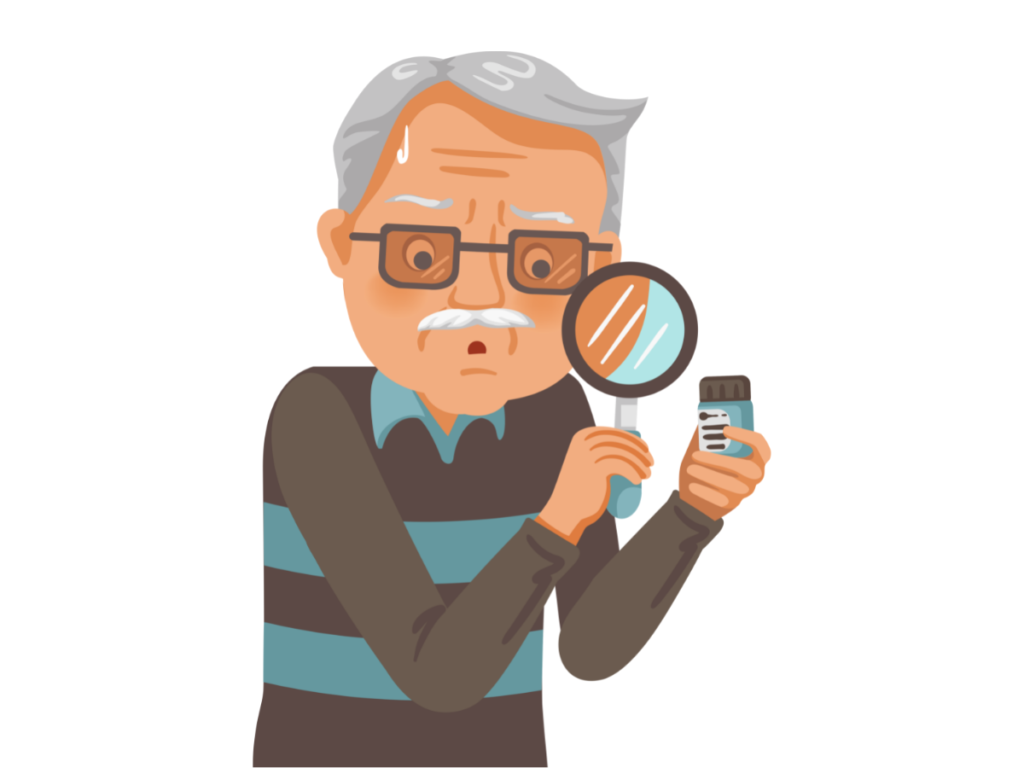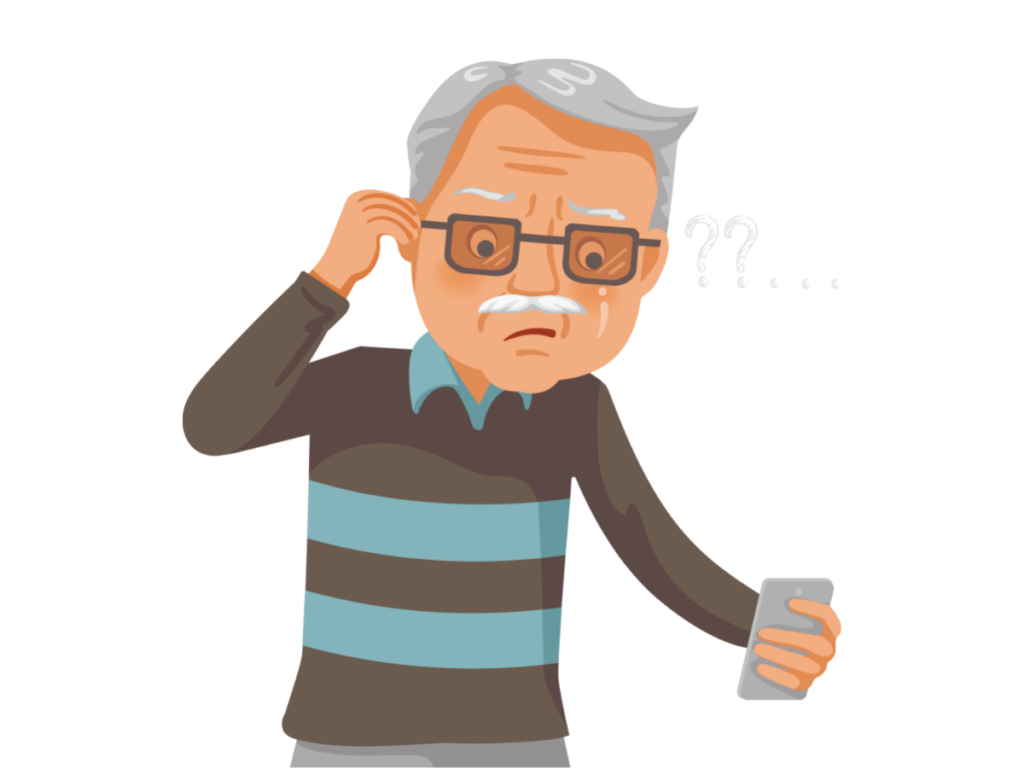Happy National Low Vision Awareness Month!
In the spirit of awareness, let’s challenge what you may think you know about it.
Outside of the vision community, the average person likely doesn’t know what we mean when we use the term ‘low vision.’ It becomes synonymous with the term ‘poor vision.’ And even in the vision community, there are a few different definitions floating around that cause confusion, especially when it comes to when to refer a patient to a low vision specialist.
These are two common medical definitions:
- Low vision is vision loss that can’t be corrected with glasses, contacts, medication, or surgery.
- Low vision is a term that refers to vision 20/70 or worse.
As we define it in our practice, low vision is a result of having an eye condition that prevents someone from doing the things that they want to do.
Common eye conditions that can cause low vision are
- macular degeneration
- Stargardt disease
- ocular albinism
- retinitis pigmentosa
- diabetic retinopathy
- stroke-hemianopsia
- nystagmus
There does need to be some usable vision to work with.
Common tasks that people get in touch with us about are
- reading- books, newspapers, magazines, sheet music, recipes, and labels on packaging including prescriptions
- seeing faces
- driving
- playing cards
- art projects
- crafts including sewing and knitting
- watching tv
- seeing the food on their utensils

What our low vision practice focuses on is identifying the correct hands-free device, typically a very specialized type of glasses (bioptic telescope, E-Scoop, prismatic reading glasses), to match both the condition and task of the person. This could mean that one person may need more than one prescription depending on what they want to see/do.
As the first definition of low vision above states, we can’t fully correct the eye condition. What we do is improve the ability to see and, thereby, do by enhancing/magnifying what is working or by utilizing the peripheral vision.
This is a typical low vision patient:
Meet Larry. Larry has macular degeneration. He found out that new glasses won’t help and there isn’t a cure. He can’t read his Bible anymore or see the numbers well enough on his calculator to pay his bills. It’s also hard to tell what is happening on tv. He feels frustrated and down. Larry has low vision. He is a perfect candidate for a low vision evaluation.
Here are some questions to identify if someone is a low vision candidate.
- Do you have a vision condition?
- Are there things that you can no longer do as a result?
- Does not being able to do these things frustrate you?

If the answer to all three of these questions is ‘Yes’, then the person would benefit from a low vision consultation. If the answer to any of these questions is ‘No’, they do not have low vision (they may have poor vision.)
Take the example of someone who is hard of hearing, Howard. Howard has mild hearing loss (poor hearing). He mentions it to his primary care physician, but it is not severe enough to warrant a referral to an audiologist. Instead, Howard goes out and buys an over-the-counter amplification device so that he can hear his tv better.
Then there is Tina. Tina has more severe hearing loss than Howard. There are some tones that she can’t hear like the seatbelt alarm in her car and she is concerned that her hearing could put her in physical danger. Her primary care physician referred her to an audiologist. Her audiologist prescribed Tina a specific hearing aid so that she could hear the missing tones and live confidently again.
Low vision specialists are the audiologists of the visual world. We work with those with moderate to severe vision loss issues who are frustrated with their inability to function in their everyday lives. We assess and provide custom, physical solutions for the things they want to do. Oftentimes, we see our patients for the initial assessment and then only one more time at the dispensing appointment.
Ever since William Feinbloom, OD introduced the first low vision glasses in 1936, there have been solutions that are not known to the general public (unlike hearing aids.) People come into our office frustrated having been told that there is nothing more that can be done for their vision. Some of them even doubt the validity of our services. We don’t fault them because the terminology is and has been confusing.
Our commitment always has been and continues to be that there is life after vision loss. It is our honor that we get to provide that for the people that we serve.\
